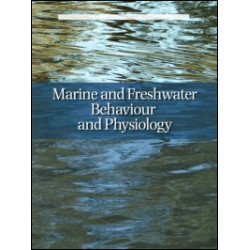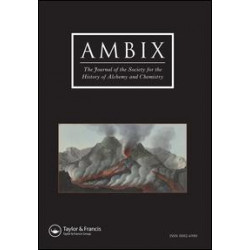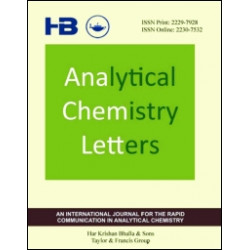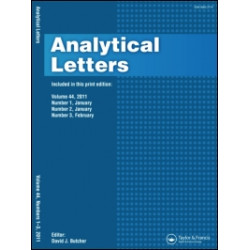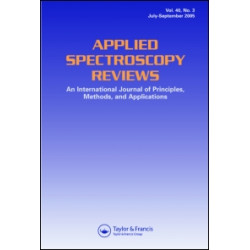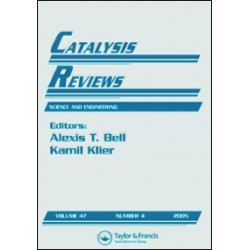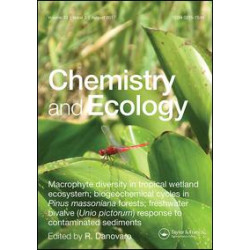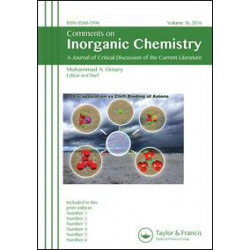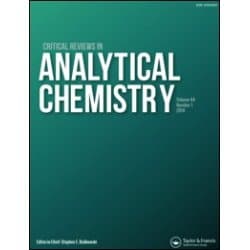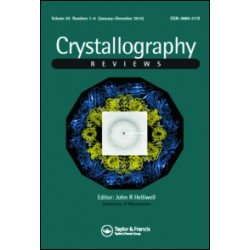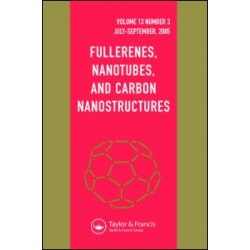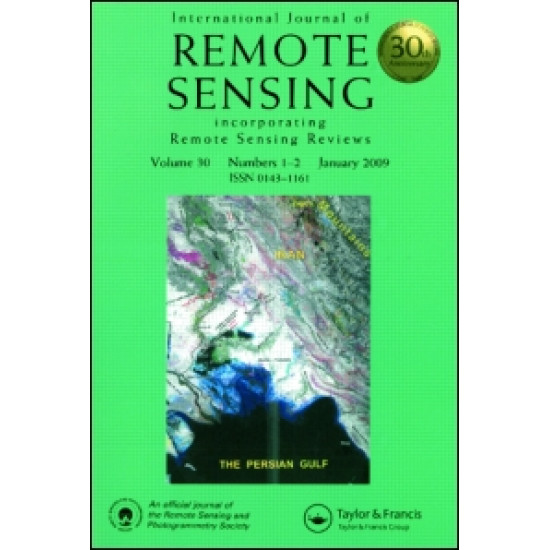
Free
International Journal of Remote Sensing
The International Journal of Remote Sensing (IJRS) is concerned with the theory, science and technology of remote sensing and novel applications of remotely sensed data. The journal’s focus includes remote sensing of the atmosphere, biosphere, cryosphere and the terrestrial earth, as well as human modifications to the earth system. Principal topics include:
• Remotely sensed data collection, analysis, interpretation and display.
• Surveying from space, air, water and ground platforms.
• Imaging and related sensors.
• Image processing.
• Use of remotely sensed data.
• Economic surveys and cost-benefit analyses.
• Drones Section: Remote sensing with unmanned aerial systems (UASs, also known as unmanned aerial vehicles (UAVs), or drones).
RSPSoc members can publish their article Open Access for £485 / €667 / $800, which represents a discount of over 70% on the standard APC. Please email apc@tandf.co.uk with your RSPSoc membership number if you would like to choose this option.
Readership
Scientists, engineers and managers interested in geophysical and biophysical mapping, as well as monitoring of the environment, renewable and non-renewable resources, and pollution.
Peer Review Statement
All peer review is single blind and submission is online via ScholarOne.
All accepted papers benefit from a review by a Technical Editor prior to publication to ensure conformity with the journal's style and provide general scientific clarity.
Scientists, engineers and managers interested in geophysical and biophysical mapping, as well as monitoring of the environment, renewable and non-renewable resources, and pollution.
Peer Review Statement
On submission, manuscripts are reviewed by specialist language experts. We are not looking for perfect English, but the content does have to be understandable in order for peer review to be effective. If we do not think your paper could be understood by a reviewer, then you will receive your paper back, usually within one week of submission, with a report that provides advice on how the English can be improved. This assessment is enormously valuable, because it avoids unnecessary delays in the peer-review process and and also avoids your submission being rejected purely on the basis of poor English. We want your work to be reviewed for its scientific content alone.
Thereafter, all submitted manuscripts are subject to initial appraisal by the Editor, and, if found suitable for further consideration, to peer review by independent, anonymous expert referees.All peer review is single blind and submission is online via ScholarOne.
All accepted papers benefit from a review by a Technical Editor prior to publication to ensure conformity with the journal's style and provide general scientific clarity.
₹0.00






